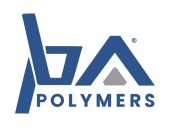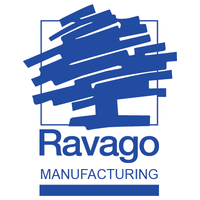Mechanical Recycling
What is Mechanical Recycling?
Mechanical recycling is the process of physically recovering and reprocessing plastic waste into reusable raw materials from post industrial (PIR) and post consumer (PCR) recycling streams.
Basically, plastic is sorted, shredded, cleaned, and re-extruded into high-quality pellets, which can be molded into new products.
By extending the life cycle of plastics, mechanical recycling helps reduce landfill waste and supports a circular economy.
Post-Industrial vs. Post-Consumer Recycling
Post-Industrial Recycled (PIR) Plastics
PIR plastics come from manufacturing scrap such as trimmings, rejects, and overruns. These materials:
✔ Are cleaner and more consistent in quality
✔ Often offer higher performance characteristics
✔ Are easier to incorporate back into production
Post-Consumer Recycled (PCR) Plastics
PCR plastics originate from end-use consumer products like bottles, containers, and packaging waste collected through recycling programs. These materials:
✔ Help divert waste from landfills and oceans
✔ Help brands comply with regulations and more directly measure their sustainability impact
✔ Require more processing to remove contaminants
Choosing PIR vs. PCR:
The right choice depends on your products' performance needs, your sustainability goals, and your state's regulatory requirements.
Our experts understand the plastic recycling process. They help you weigh every relevant factor and pick the best option for your application.
PCR & PIR Polymer Partners
Bamberger Amco Polymers partners with leading suppliers to offer an incredibly wide range of quality recycled materials.









